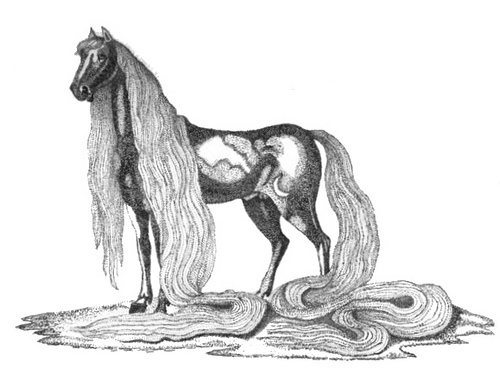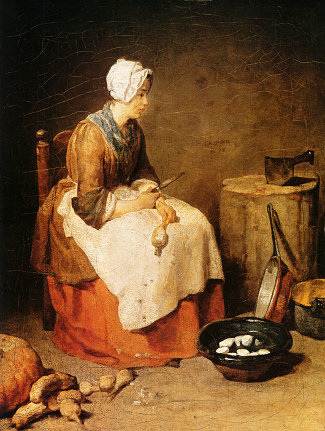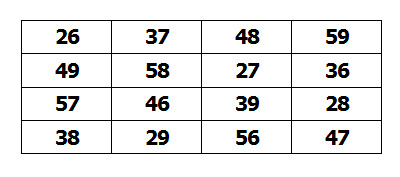
A dust storm approaches Spearman, Texas, April 1935. Vance Johnson, a resident of western Kansas in the 1930s, described similar storms there:
The darkness was dust. The windows turned solid pitch; even flower boxes six inches beyond the pane were shut from view. … Dust sifted into houses, through cracks around the doors and windows — so thick even in well-built homes a man in a chair across the room became a blurred outline. Sparks flew between pieces of metal, and men got a shock when they touched the plumbing. It hurt to breath[e], but a damp cloth held over mouth and nose helped for a while. Food on tables freshly set for dinner ruined. Milk turned black. Bed, rugs, furniture, clothes in the closets, and food in the refrigerator were covered with a film of dust. Its acrid odor came out of pillows for days afterward.
During a dust storm in January 1895, J.C. Neal of Oklahoma A&M College reported “flashes of light that apparently started from no particular place, but prevaded [sic] the dust everywhere. As long as the wind blew, till about 2 a.m., January 21, this free lightning was everywhere but there was no noise whatever. It was a silent electrical storm.”




